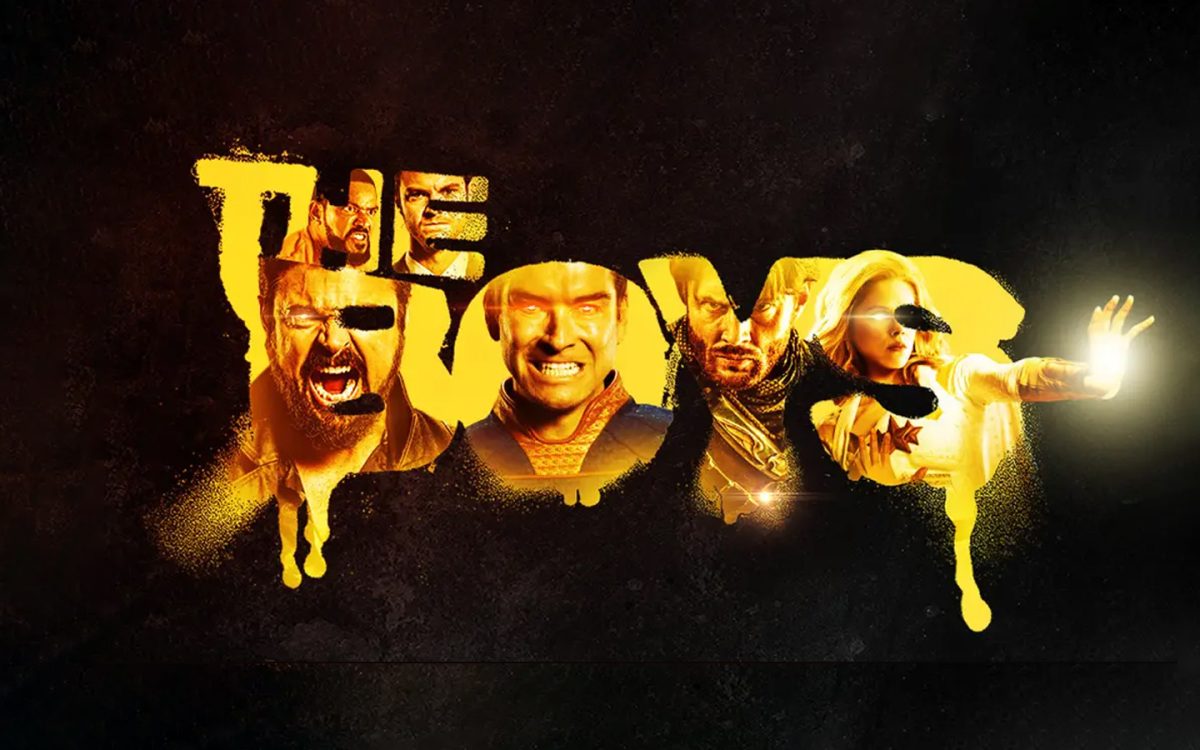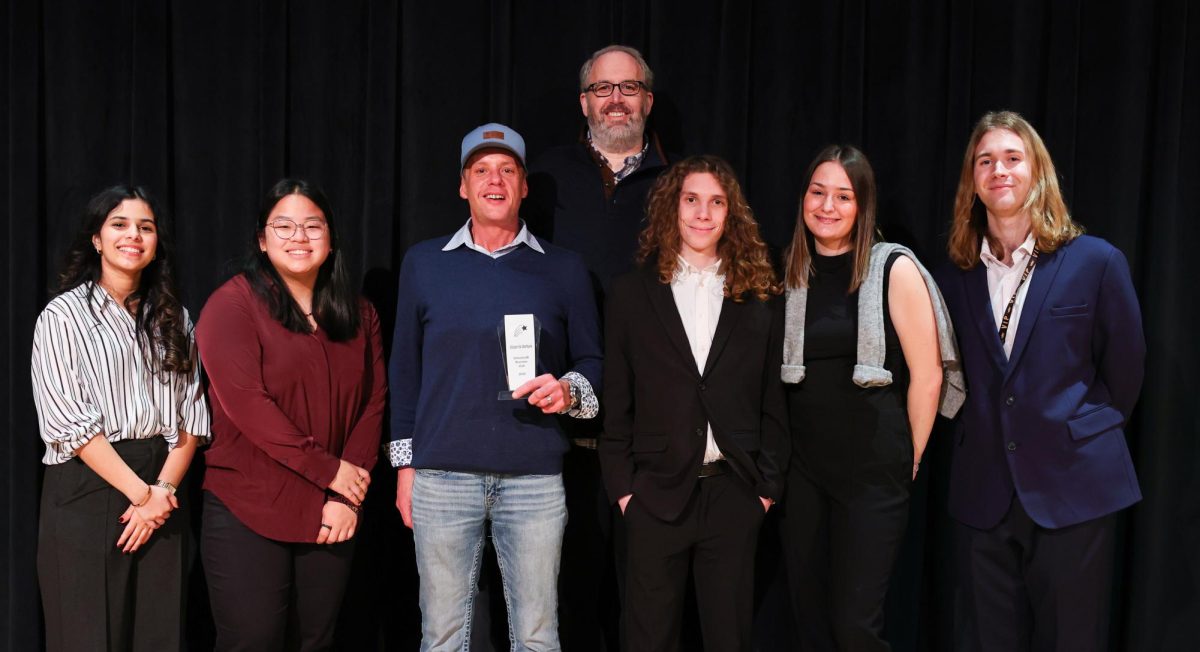Hawthorne: Anatomy of a Nerd
Why the nerd stereotype needs to change
October 25, 2021
Classification is an essential part of human life, names serve to group a variety of important characteristics that can be attributed to practically anything. Without classification humans would not know exactly what to refer to without having to give long explanations just to make sure the other person understands what is being said. Stereotypes for many people simply fill this role for classification as a way for people to express their explicit beliefs, no matter how bigoted or untrue they are, in an easily referenceable manner. Whether it be from ethnicity, gender, sexual orientation, cultural, etc. stereotypes serve to fit that role for others; at a highly inaccurate level. In a cross culturally connected world it should be the responsibility of individuals to break down the wall of stigmas and stereotypes without having to exclude other people. To put it simply, diversity matters now more than ever before and exclusion doesn’t serve a purpose, so why does the nerd stereotype continually persist within culture and how do we get rid of it?
To understand this we need to get to the root of exactly what a nerd is. According to Merriman-Webster the two dictionary definitions of a nerd are “a person devoted to intellectual, academic, or technical pursuits or interests” and “an unstylish or socially awkward person.” These definitions were made sometime in the 1950s as more males were interested in very niche fields compared to their fathers such as reading or mathematics.
As time continued more technology and media was made and marketed toward males garnering a bigger interest to make others obsessed with these items. Obsessions no matter what they are, lead to money and for a long period of time, white males had control over the large amount of money compared to minorities and women. Though something happened between then and now, the same walls of which had created nerd culture for the rich white males interested in niche passions started to break.
With the rise of the internet came a large amount of content and through the upscaling of more people having access came a wider diversity of people using it. This larger barrier for internet access now served to be an inclusive environment for everyone because of the price barrier for computers back in the 80s and 90s those who mainly used them for their interests in technology were again young rich white males.
To this day whenever a revolutionary piece of technology comes out it always targets this group since companies know they can make a lot of money from them. Today this is why we have shows that try to cater to that fanbase for comic books, movies, games, science, technology and even self referencing. To put it simply, the nerd stereotype exists out of a product of demographic marketing under capitalism.
While anyone from the definition alone can be defined as a nerd the emphasis on certain subgroups is there, so how can one change this?
In order to shift stereotypes fundamental changes to systems would need to be changed. A healthy combination of diversity equity and inclusion within marketing for these niche interests would be the solution. With more faces on screen presenting nerdy interests to represent others it can create room to bring in others who normally wouldn’t be interested.
The price barrier for items of nerd interests are very high, whether it be higher education or computers pricing it’s exclusionary when set to high. Lowering prices now leaves room for others to participate and be involved and maybe that lower price could lead to long term revenue rather than none. By bringing in a diversity of people to represent this culture through marketing, making more fair pricing to target other demographics and opening the barriers of others to join this group, walls could be broken for this age old stereotype. Instead of using the term nerd to simply say young wealthy white male maybe it can represent the definition.









